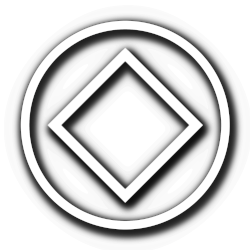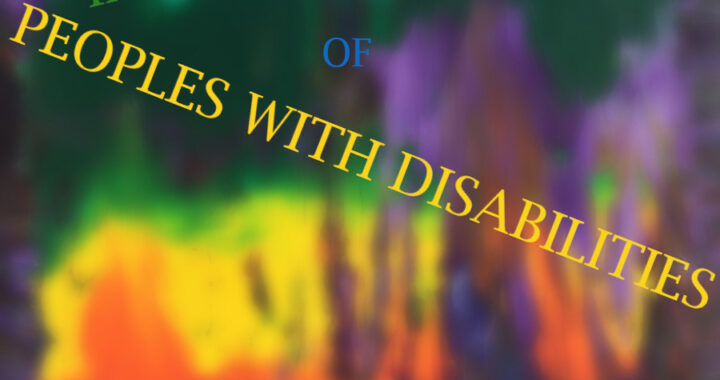International Day of Persons with Disabilities is to raise awareness that people with disabilities often are seen as pitiful or ‘broken’. Too often they are thought about as they need to be fixed, and if that isn’t possible they need to be taken care of. This attitude towards people with disabilities turns them into marginalised people.
Luckily, we have the United Nations’ Convention on the Rights of Persons with Disabilities (CRPD). The UN adopted this international law in 2006 and countries have the option to ratify the CRPD, which most countries have done by now. Some countries (almost) immediately, like Germany and the UK, and other countries much later, like Finland and The Netherlands.
On December 3, we acknowledge the struggle a lot of persons with disabilities still have to live to their full potential, despite the UN CRPD. Because of systemic discrimination against people with disabilities, endless bureaucracy to get necessary support and aids, and lacking accessibility of our societies. People with disabilities live in a world where apartheid still flourishes.
The essential thing lacking is self-direction. Persons with disabilities are being made handicapped, while the actual disability often isn’t that big an issue. The solution is as elegant as it is simple: Talk with us, instead of about us.
Be an ally
International Day of Persons with Disabilities is a good day to ask yourself: How can I be an ally? What can I do to make life for people with disabilities (a bit) better?
Our advice: start listening. You can make this as small of as big as you like: Have a real chat with a person with a disability you know or who you meet when you do your shopping. Or join a (disabled led) organisation that advocates for better lives for persons with disabilities.
And always very important: Speak up! By sharing this post on your social media, or by making your personal statement.
Frigga’s story
I have been born able bodied, which changed by the age of 33. From one day to another I was in severe pain and needed a wheelchair. It started with post-traumatic dystrophy (PTD) in my left foot. Due to this I had a lack of energy and often foggy brains, which is well known by other people with PTD, but mostly denied by the medical world. For years I hoped I would find a cure, but in the end I had to accept this will never happen.
Unfortunately, my condition deteriorated slowly but surely over the years. Weakened by the PTD some latently present symptoms could worsen and become chronic. The result is that I am severely limited in what I am able to do due to physical and energetic limitations. Outdoors I am dependent on a mobility scooter.
What I’m so terribly tired of is the denial and distrust of doctors, care providers and services. Although having white privilege, I am a plus size and disabled woman of 62. Most doctors are white cisgender hetero men with lots of prejudices and bias – mostly unconscious – when it comes to women. Especially when it comes to diseases that can’t be detected by standard medical tests. Only a few doctors admitted they didn’t know, instead of denying my symptoms or referring me to a psychologist. Fysio- and other therapists often did more harm than good.
Because I don’t fit into their protocols, doctors and therapists don’t believe me and are not able (or willing) to help me. So, I had to figure out everything myself. This forces me to push my boundaries, again and again, to get necessary things done – which is in itself detrimental to my health.
Long ago I learned that you cannot think for someone else. Very rarely you can estimate what is needed. To do so often makes things more difficult or can even be harmful. Like with a lot of other things in life: ask if a person wants your help and if so, what they need. And do what they asked for, and only that. It is as simple as that!
I would like to mention all people in my life who make of have made things possible for me. You have a special place in my heart!

